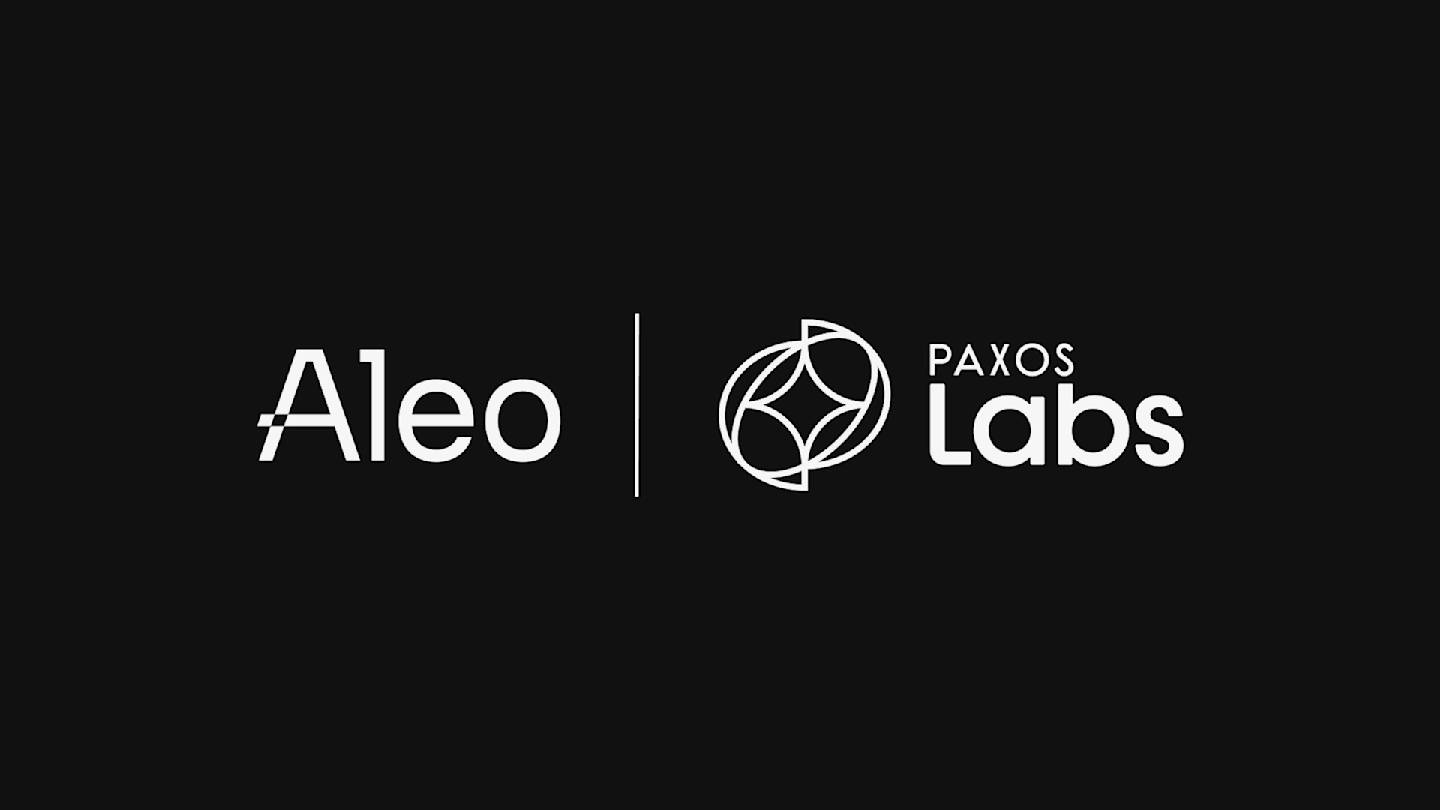订阅 wiki
Share wiki
Bookmark
USAD
0%
USAD
USAD 是一种与美元挂钩的稳定币,于2025年10月1日通过Paxos Labs和Aleo网络基金会之间的合作推出。它在Aleo Layer 1 区块链上运行,旨在提供私密的、可编程的和端到端加密的交易,主要面向需要链上金融活动保密性的机构和企业用户。[1] [2]
概述
USAD的开发是为了解决机构采用区块链技术的一个重大障碍:公共账本上缺乏隐私。传统的稳定币,如Tether (USDT)和USD Coin (USDC),会透明地记录所有交易细节,暴露敏感信息,如钱包地址和转账金额。对于在竞争环境中运营的企业和金融机构来说,这种透明度通常是不可接受的。USAD旨在通过将Aleo网络的零知识密码学与Paxos Labs的受监管稳定币发行框架相结合来解决这个问题。[3] [1]
该项目的核心价值主张是提供一种既可信又可编程,同时保护用户数据的数字美元。它旨在在用户的保密性和监管监督所需的透明度之间取得平衡。这是通过技术特性实现的,这些特性允许向授权方(如审计师或监管机构)选择性地披露交易信息,而不会损害默认的隐私状态。该稳定币旨在成为企业私有链上金融新时代的基础要素。[4] [2]
Aleo网络基金会的首席运营官Leena Im表示:“隐私是区块链大规模采用中缺失的一环,而通过USAD,我们正在证明它可以在可编程的稳定币中存在。通过将Aleo的技术与Paxos Labs的发行堆栈相结合,我们正在与企业采取联合的前门方法,以表明数字美元既可以被信任,也可以对监督机构透明,同时保护用户的机密性。”[1]
Paxos Labs的联合创始人Bhau Kotecha补充说:“稳定币已被证明是金融市场中最强大的创新之一,我们才刚刚触及它们的潜力。与Aleo合作使我们能够将数字美元带入一个新时代,在这个时代,企业可以嵌入从一开始就私有、可编程和可信的货币。”[2]
历史
USAD的开发和推出正值稳定币监管和市场格局快速演变之际。在此之前的一个关键立法事件是2025年7月美国GENIUS法案的通过。该法案为支付稳定币的发行和监管建立了联邦监管框架,为像USAD这样的项目提供了更大的清晰度。[2] [3]
2025年10月1日,Aleo网络基金会和Paxos Labs正式宣布合作并推出USAD稳定币。该公告将该项目定位为直接回应机构客户对稳定币的需求,该稳定币可以确保他们在区块链上的金融业务的机密性。[4] [1]
技术
USAD的功能建立在Aleo的隐私保护区块链和Paxos Labs的稳定币基础设施的结合之上。
区块链基础设施
USAD原生发行于 Aleo 网络,这是一个专门为构建私有、可扩展应用程序而设计的Layer 1 区块链。与 以太坊 等透明区块链不同,Aleo 的架构从一开始就建立在支持零知识密码学的基础上,使开发者能够创建默认提供隐私的去中心化应用程序。 [1] [2]
隐私机制
USAD 的核心隐私功能是使用零知识 (ZK) 证明。这种加密技术允许验证交易,而无需泄露任何底层数据。对于 USAD 交易,这意味着关键细节被加密并屏蔽在 区块链 上的公开视图之外,包括:
- 发送者和接收者钱包地址
- 交易金额
这种端到端加密确保了交易的完整性可以通过数学方式证明并由网络验证,同时敏感的财务数据保持机密。这种机制与其他在公共、透明账本上运行的主要稳定币区分开来。 [1] [3]
合规特性
为了在满足监管要求的同时维护用户隐私,USAD 包含一项名为“选择性披露”的功能。这种保护隐私的合规工具允许用户向特定的授权第三方(如审计师或监管机构)授予查看其交易历史的权限。此功能旨在帮助机构满足了解你的客户 (KYC) 和反洗钱 (AML) 义务,而无需在公共账本上公开其金融活动。该系统旨在为 区块链 上的机构金融提供合规途径。 [3]
合作伙伴关系和关键实体
USAD的创建是区块链和数字资产领域中两个关键组织战略合作的结果。
Paxos Labs
Paxos Labs 负责 USAD 的发行和管理。它是一家成立于 2025 年的初创公司,由其母公司 Paxos 孵化。Paxos 是一家受监管的金融科技公司和 区块链 基础设施平台,以发行其他著名的稳定币而闻名,包括 PayPal USD (PYUSD) 和 Global Dollar (USDG)。Paxos Labs 为 稳定币 发行提供企业级框架,确保 USAD 由相应的美元储备支持。Paxos Labs 的联合创始人是 Bhau Kotecha。 [1] [2]
Aleo 网络基金会
Aleo 网络基金会是一个非营利组织,支持 Aleo 区块链 的开发。它提供支持 USAD 隐私功能的核心技术和零知识密码学基础设施。基金会 专注于创建用于可编程和私有数字传输的工具。Aleo 项目已获得包括 a16z、Coinbase Ventures 和软银在内的投资者的风险投资支持。该基金会的首席运营官是 Leena Im。 [1]
全球美元网络 (GDN)
与合作关系相结合,Aleo 网络基金会加入了 Paxos 创立的 全球美元网络 (GDN)。GDN 是一个专注于发行受监管数字美元的网络,包括另一个由 Paxos 发行的 稳定币 USDG。 这种整合将 Aleo 置于更广泛的受监管 稳定币 发行生态系统中。 [4]
用例
USAD主要设计用于机构和开发者应用,在这些应用中,数据敏感性和保密性至关重要。潜在用例包括:
- 机构金融: 使企业和金融机构能够在不向竞争对手透露其财务策略的情况下进行链上交易,例如结算和资金管理。
- 薪资系统: 提供一种更高效、更稳定的薪资处理方法,尤其是在本币不稳定的经济体中。优势包括即时工资支付、通过消除中间人来降低处理成本,以及为员工提供获得稳定、美元支持资产的途径。
- 可编程支付: 允许开发者构建使用智能合约将私密和安全支付直接嵌入到其系统中的应用程序。
这些应用程序利用稳定币提供速度、成本降低和金融包容性的能力,同时保护敏感数据。 [3] [4]
市场背景与竞争
USAD在一个庞大且竞争激烈的稳定币市场中推出。截至2025年10月,稳定币的总市值超过2970亿美元,自2019年以来的累计交易额超过268万亿美元。仅2024年,稳定币交易额就达到27.6万亿美元,超过Visa和MasterCard年度交易额总和的7%以上。USAD推出时,市场领导者是Tether(USDT),其市值达到1745亿美元,占据近59%的市场份额。 [2] [4]
USAD的推出是新稳定币进入市场趋势的一部分,包括Native Markets在Hyperliquid平台上推出的USDH和Tether推出的专注于美国的稳定币USAT。在这个拥挤的领域中,USAD的主要区别在于其通过零知识密码学对隐私的关注,这是主流稳定币所不具备的特性。 [2]
监管环境与风险
稳定币,尤其是具有隐私功能的稳定币,其法律和监管环境是影响其采用和长期生存能力的关键因素。
监管框架
在美国,2025年的GENIUS法案为支付稳定币创建了一个监管框架。该法案的关键条款包括将稳定币发行人归类为《银行保密法》下的金融机构,强制遵守反洗钱和打击恐怖融资法律,并禁止发行人向稳定币持有人支付利息。国际清算银行(BIS)等国际机构倡导技术中立的监管,重点关注KYC合规性,而国际货币基金组织(IMF)则致力于推广全球标准以减轻系统性风险。 [3]
相关风险
像USAD这样注重隐私的稳定币面临着一系列独特的挑战和风险,尤其是在机构金融领域:
- 监管和合规风险: 交易的保密性质可能会使遵守AML和CFT法规变得复杂,从而可能引起监管机构的高度关注。
- 法律不确定性: 稳定币的法律地位在全球范围内不断演变,从而在消费者保护和存款保险等问题上造成了不确定性。
- 运营和网络安全风险: 隐私增强技术的复杂性会使交易监控更加困难,从而可能增加运营失败或欺诈的风险。
- 金融稳定和系统性风险: 主要稳定币脱钩或失败可能会引发广泛的市场影响,从而对更广泛的金融系统构成系统性风险。
- 信任和市场接受度: 机构可能不愿采用透明度降低的私人发行的稳定币,而更喜欢传统、受监管的金融中介机构在大型交易中建立的信任。
这些风险突显了USAD和类似项目为实现广泛采用必须应对的挑战。 [3]
发现错误了吗?
